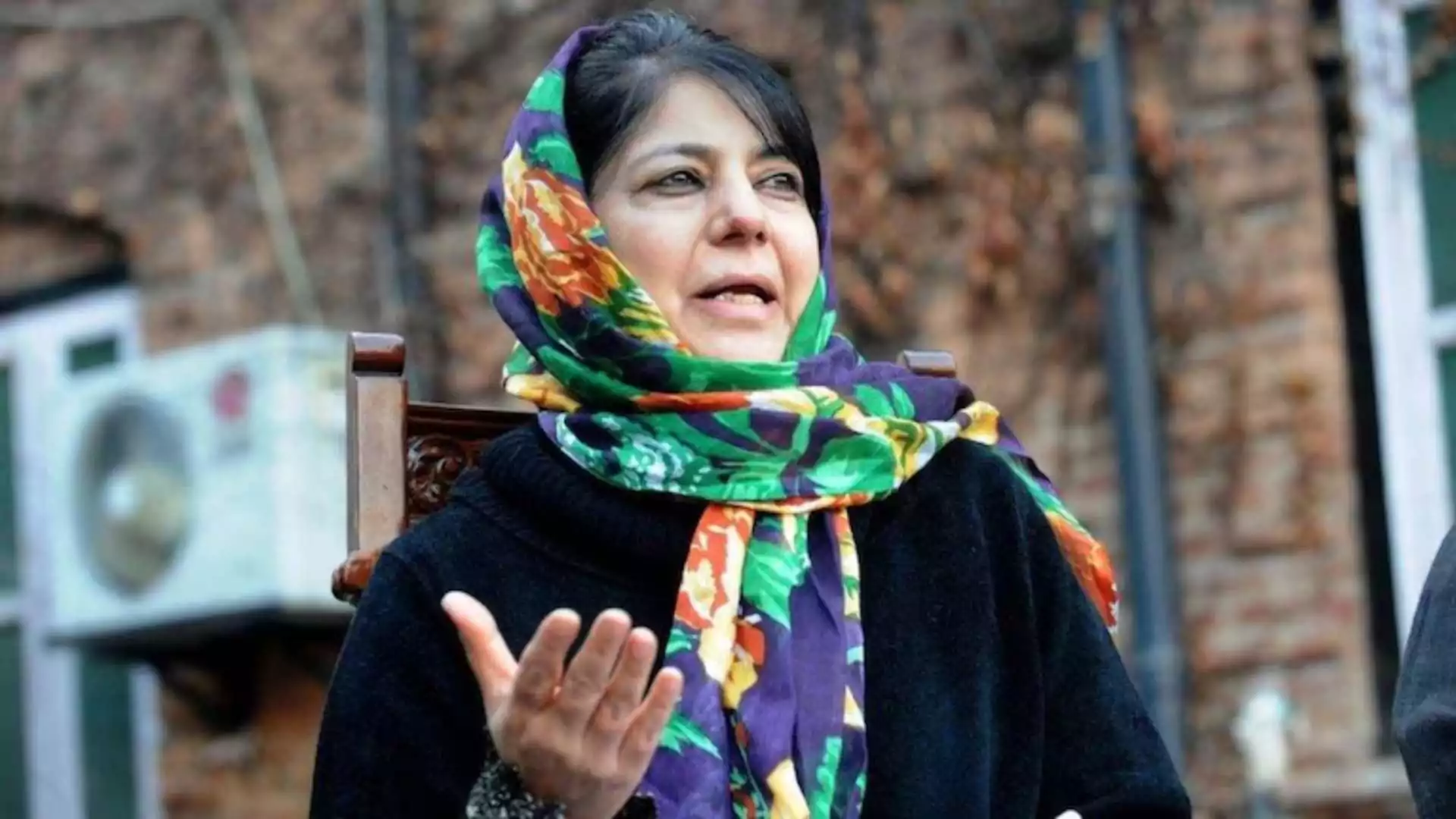With the swearing-in of Prime Minister Narendra Modi and 71 other ministers, the formation of the new coalition government is underway. President Droupadi Murmu administered the oath to the newly appointed ministers, marking the beginning of a diverse cabinet comprising 30 Cabinet Ministers, five Ministers of State with independent charge, and 36 Ministers of State.
Among the notable appointments, Jitan Ram Manjhi from Hindustani Awam Morcha, a part of the NDA Alliance, has been appointed as the Minister of Micro, Small and Medium Enterprises in the Modi 3.0 Cabinet. This move reflects the government’s focus on empowering small businesses and promoting entrepreneurship.
In other key appointments, HD Kumaraswamy from the Janata Dal (Secular) has taken on the role of Minister of Heavy Industries and Minister of Steel, representing a partnership with a BJP ally within the National Democratic Alliance (NDA).
Rajiv Ranjan Lalan Singh, a close ally of Bihar Chief Minister Nitish Kumar from the Janata Dal (United), has secured a position as the Minister of Panchayat Raj and Minister of Fisheries, Animal Husbandry, and Dairying in the Modi 3.0 Cabinet, underscoring the government’s commitment to rural development and animal welfare.
Despite these changes, certain ministries retain their leadership, with Amit Shah continuing to head the Ministry of Home Affairs and Rajnath Singh remaining in charge of the Defence Ministry. Nitin Gadkari retains his position as the Minister of Road Transport and Highways, supported by Ajay Tamta and Harsh Malhotra, who have been appointed as Ministers of State in the same ministry.
Prime Minister Narendra Modi, for the third time, will also oversee critical ministries including the Ministry of Personnel, Public Grievances, and Pensions, the Department of Atomic Energy, and the Department of Space. Additionally, Piyush Goyal retains the Commerce portfolio, highlighting the government’s focus on economic growth and trade.






















